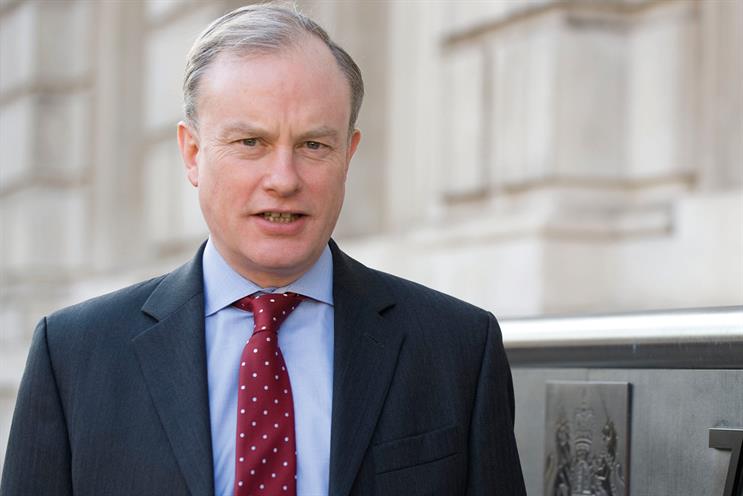Know what success looks like
In government, we must demonstrate the impact and value for money of everything we do. Rather than uncoordinated, sporadic communications activity, at GCS we use a rigorous campaign model for every piece of work we do.
We define a campaign as "a planned sequence of communications and interactions that use a compelling narrative over time to deliver a defined and measurable outcome". This can be simply explained as "Oasis": objective, audience, strategy, implementation and scoring (evaluation).
The foundation for this model has to be a strong objective that you can measure – you are setting your campaign up to fail if you don’t know what you’re trying to achieve.
Be brave in developing a strategy, based on audience insight and an understanding of those who you’re trying to reach, to change behaviour for the public good.
Be a power for good
I believe in the ability for our world-class communications to be a power for good. From our campaigns on road safety to teacher recruitment and blood donation, we look to inspire and motivate our audiences to make a change for the better.
What works and why
Being involved in politics, before working in public service, and being part of successful and unsuccessful general election campaigns has provided me with a great source of personal learning – providing a real-time lesson in what works, what doesn’t and why.
Working in politics also teaches you resilience, adaptability and leadership. As leaders, we need to let our teams experiment and, in doing so, make mistakes, as long as they are always learning and improving their future approaches. That is how we ensure that government communications continue to add real value, building trust and improving lives.
From my time in local government, I will never forget how the council worked in the recovery phase after the 7/7 bombings. Seeing Westminster staff oversee the family recovery centre, the mortuary and memorial garden was a reminder of the importance of public service at a time of national tragedy.
Inform honestly
Government communications have a long history in the UK. The Department of Information was created 100 years ago this year and worked on campaigns to change behaviours during World War I. Our principles have been consistent.
Even during wartime, the mission of government communicators was to honestly and effectively inform the public about what the government was doing, why it was doing it and how the government could help improve their lives.
My predecessor Mike Granatt used to quote public servant Sir Kenneth Grubb, who said: "It is of the essence of the information services that they should neither usurp the functions of the free media, nor exaggerate the achievements and policies which they are concerned to explain."
This is still great advice.
Adapt or become obsolete
Principles might not change but our methods of communicating certainly have. Today, our audiences have a virtually limitless number of places they can go to be informed or entertained and where we as communicators must go to look for them.
We have all sorts of tools that allow us to better focus our messages and campaigns on the people who need to hear them if they are to be effective and the impacts measured.
Looking ahead, my priority is to continue to raise the standards of public-service communications. As technology continues to evolve, professional communicators must adapt or will become obsolete.
We must master the skills of using data, behaviour change, evaluation and inspiring leadership. And we must remember our core task of disseminating accurate information for people to use, which will enhance their understanding of how public service can help them improve their lives, from jobs to education to welfare.
Alex Aiken is the executive director of the Government Communication Service. He was director of comms and strategy at Westminster City Council for 13 years, moving to the Cabinet Office in 2013.


